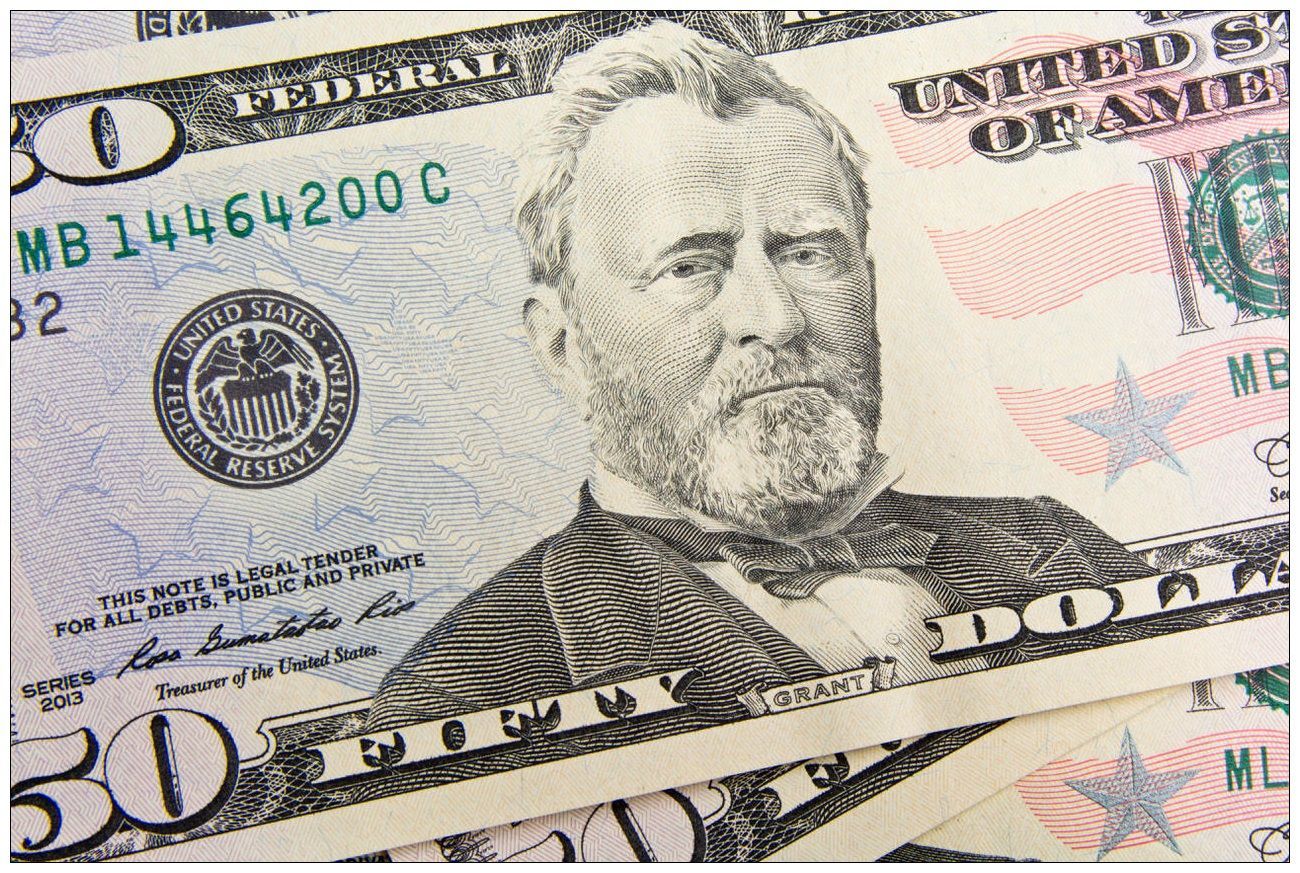U.S. Presidents and Their Debts

Chief Executives Who
Fell on Hard Times
"I am miserable until I owe not a shilling."
- Thomas Jefferson
Did you know that multiple U.S. presidents struggled with personal debt?
Some presidents carried their burdensome debt with them when they entered the highest office in the land, and others were broke when they left. A few even declared bankruptcy. In honor of Presidents' Day, let's look at some of our most influential chief executives who grappled with their financial obligations:
The Sage of Monticello
A hardworking farmer, brilliant writer, visionary, and Founding Father of our country, Thomas Jefferson inherited massive debt from his father-in-law. He also lived beyond his means and was generous to a fault, frequently lending money for which he was never repaid.

The Buck Stops Here
Harry Truman was one of the poorest candidates to reach the White House, having lost his inheritance in 1915 in a zinc mine investment that ultimately went under. In 1922, his own business failed, and Truman's partner declared bankruptcy.
Truman never did, however. Like Lincoln, he insisted on honoring his financial obligations. As a result, he was saddled with debt for more than 20 years. Because his presidential salary wasn't enough for Truman to meet these obligations, Congress increased his pay to $100,000 in 1949.
Unfortunately, Truman's financial struggles continued after he left office and had to survive on an Army pension of $112.56 a month. Once again, Congress intervened, creating a pension for ex-presidents in 1958.
Source: The New York Times
At that time in our country's history, bankruptcy was not usually an option. However, a brief window of opportunity arose between 1800 and 1803, and Jefferson took advantage of it. Still, he was a poor financial manager, and money problems continued to plague him.
Land-rich and cash-poor, Jefferson devised a lottery to raise money. The winner would gain title to Jefferson's estate, including his beloved Monticello, appraised at $71,000 ($1.5 million today.) Ultimately, the lottery failed to generate the cash he desperately needed.
At the time of his death in 1826, our third president still carried $107,000 in debt – about two million dollars by today's standards.
The Great Emancipator
In 1832, a young Abraham Lincoln and his partner purchased a small general store, acquiring the inventory on credit.
Despite the booming economy, the two prairie entrepreneurs couldn't make a go of it and soon began sliding into debt. While Lincoln sold his share in the business, when his partner died, Lincoln voluntarily assumed $1,000 of his partner's debt to protect the grieving family. (That's roughly $27,000 in today's currency.)
Creditors hauled Lincoln into court, and the sheriff seized his only assets -- survey equipment and one horse. Honest Abe was still repaying that debt well into the 1840s. The burden seemed so onerous to Lincoln that he called it "my national debt."
He focused on paying off his obligations at great personal sacrifice. Lincoln worked several jobs, and he and his wife moved into a small, smoke-filled tavern where room and board cost a mere four dollars a week.
Thirteen years later, the future president and one of American history's most revered leaders finally resolved his debt.
A Hardscrabble Life
A failed farmer and rent collector prior to the Civil War, Ulysses S. Grant lived in a log cabin that he dubbed "Hardscrabble." In 1848, he met and married his wife Julia, and her father gifted them part of the family's Missouri plantation. But the operation struggled. To make ends meet, Grant sold firewood on the streets of St. Louis.
Following his brilliant military performance during the Civil War, Grant became a national hero and was elected president in 1868. He served for two terms, with Reconstruction his primary focus.
By the mid-1880s, Grant had invested most of his assets in a pyramid scheme operated by an unscrupulous business partner. The scam wiped out his life's savings.
--Article Continues Below--

Broke and dependent on friends and kind-hearted strangers to keep him financially afloat, Grant, by this time, had been diagnosed with cancer. He was now confronted with the terrifying prospect of leaving his wife an impoverished widow.
His buddy Mark Twain convinced Grant to pen his memoirs, which he did, finally completing his manuscript seven days before his death. The resulting two-volume boxed set quickly outsold Twain's Adventures of Huckleberry Finn. Julia Grant received $450,000 in royalties--equivalent to $12 million in today's currency.
It Happens
Unresolved debt can happen to anyone. The professional collectors at CBSI understand since many of them have been in the same situation. If you're looking for a collection agency with compassion for consumers, you'll find it right here.
Sources:
Featured Image: Adobe, License Granted
The Saturday Evening Post
U.S. National Park Service
Abraham Lincoln Presidential Library
White House Historical Association
Recent Posts
VISIT US
HOURS
HOURS
This communication is from a debt collection agency and is an attempt to collect a debt. Any information obtained will be used for that purpose.











Share On: